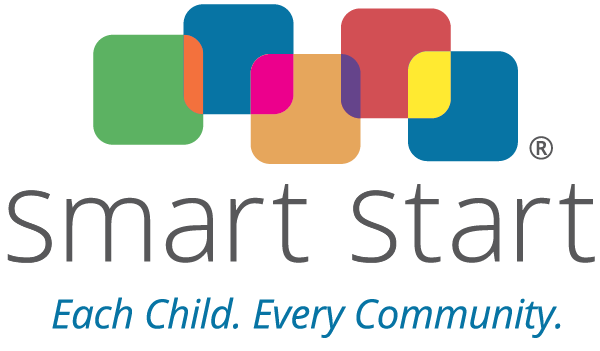SSTC Launches Regional FFN Research Project
Smart Start of Transylvania County (SSTC) has recently launched a regional Family, Friend, and Neighbor (FFN) Research project, intended to help us better understand the needs and perspectives of home-based child care providers in Western North Carolina. This research project, facilitated by the Culture of Results research team at UNC Asheville, is made possible thanks to a grant from Dogwood Health Trust, awarded to SSTC to support the expansion of critical focus areas.
As an organization, SSTC has advocated for better support for FFN providers for several years, highlighting the important role home-based care plays in building early care capacity and addressing the child care deficit in our state. Capacity in licensed child care settings is limited and many rural families face transportation and cost barriers when attempting to secure child care. With the number of children in North Carolina in need of child care while their parents work far exceeding the number of licensed care settings available in our communities, FFN care is heavily relied upon by working class families. In recognition of this, SSTC has worked to increase the visibility of the crucial work being done by FFN providers.
Provider voice has been at the heart of our organization’s FFN advocacy work since its inception. SSTC has a longstanding relationship with FFN providers in Transylvania County, fostered through facilitation of our local FFN care network, which has grown over the past three years to now include 73 active providers, who collectively care for 180 children under the age of 5. Through our FFN program, SSTC partners with home-based providers to give them the tools and knowledge needed to provide high-quality care. We offer FFN providers education opportunities with a focus on early childhood development and increase their access to resources and professional training. Our network seeks to empower providers to advocate for themselves and other child care providers and encourages them to recognize themselves for what they are; education professionals.
Transylvania County FFN providers have shared with SSTC that being a part of the FFN care network has given them a sense of pride and autonomy in the work that they do. The experiences, perspectives, and concerns we have gathered from caregivers in our network has greatly informed our FFN advocacy work so far. Through this research project, we are now seeking to not only better understand providers in our own network, but to connect with FFN caregivers embedded in various networks across all of WNC. Through this, we intend to expand family leadership and engagement across the region and amplify provider voices.
Through the administration of regional surveys and the facilitation of targeted focus groups, SSTC is aiming to understand which forms of support are most needed to increase the visibility of FFN care providers and ensure that they feel recognized and empowered. Among the groups that we intend to reach with this research are providers located in very rural pockets of the region and Spanish speaking providers. We recognize that location and language barriers may mean that these groups’ perspectives are sought less often and we want to ensure that their needs are felt and understood.
Data collected during this initiative will be used to guide and support our efforts to educate the public about the important role that home-based providers play in the early childhood sector and to influence public policy in North Carolina to support and legitimize FFN Care. The work being done by FFN caregivers, while crucial, is too often overlooked and underserved, and home-based providers often do not have the same access to resources as other care providers. FFN care providers often dip into their own already low wages to provide educational enrichment, meals, and other necessities for children in their care and most would benefit immensely if given access to public funding and other resources. It is our hope that this research will help us to better understand what forms of support would be most meaningful for FFN providers to have, so that they can provide high-quality care while also prioritizing their own well-being.
Research will be collected over the upcoming Summer months and data gathered will be published by SSTC in the Fall of 2025. Those interested in learning more about SSTC’s FFN Care Network and our organization’s FFN advocacy work are invited to visit our website: https://www.smartstarttransylvania.org/
Written by: Aiyanna Lollis
